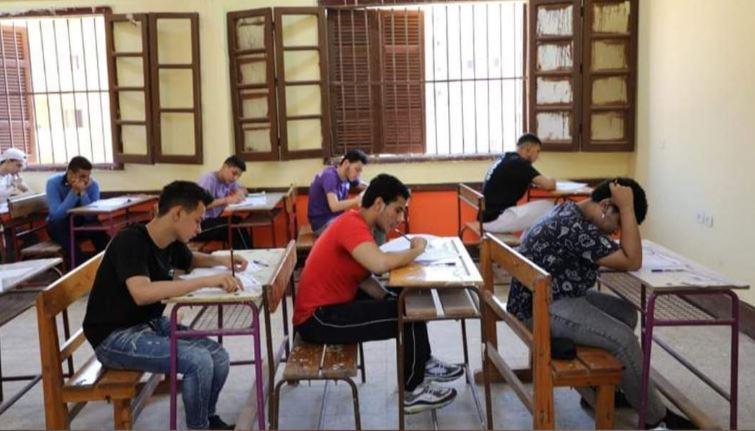
Islam Tartor, who killed his colleague Salma Bahgat in a brutal crime within the city of Zagazig in Sharkia Governorate, received a devastating blow today as the death sentence by hanging, previously issued by the Zagazig Criminal Court, was confirmed. The crime committed by the defendant shocked Egyptian society, as he took the life of Salma, who was just under twenty years old, after stabbing her 33 times in various parts of her body, leading to her immediate death.
The details of the case date back to the early days of the crime when the relevant authorities conducted intensive investigations that revealed the brutality and savage nature of the crime. Despite the defendant's attempts to evade responsibility, the evidence and testimonies were decisive in proving his full involvement in the murder of the victim. The defendant, who had shown extreme cruelty in dealing with others, did not expect that his fate would ultimately be death after committing this horrific crime.
The crime committed by Islam Tartor was a shock to Salma Bahgat’s family, who lost their daughter in a moment of senseless violence. Salma, a student at the Faculty of Education, had been striving to achieve her dreams, but the hand of crime took everything from her in a cruel moment. The family, who endured this great loss, found some consolation in the Court of Cassation’s ruling, as justice was served after a long and painful struggle.
The crime's repercussions did not stop with the victim’s family, but extended to Egyptian society as a whole, which was affected by the incident, especially with the growing number of cases of violence against women. The case of Salma Bahgat became a symbol for demanding harsher penalties for perpetrators of similar crimes and raised many questions about the role of security and judicial authorities in reducing such horrific crimes.
The Court of Cassation’s confirmation of the death sentence in this case came at a sensitive time, with Egyptian society witnessing great discontent due to the rising rates of brutal crimes, particularly those targeting women. Hence, the case is considered a real test of the judicial system’s ability to deliver justice and serve as a deterrent against heinous crimes.
In the past days, Salma Bahgat's case attracted widespread attention on social media platforms, with thousands of activists and citizens expressing their outrage over the crime, calling for more decisive actions to combat violence. The ruling today is also seen as a strong message to anyone who might consider committing such crimes that the law will not tolerate wrongdoers.
Human rights organizations and women’s rights activists have expressed their satisfaction with this ruling, affirming the need for this judgment to serve as the beginning of broader efforts to combat violence against women in society. They emphasized the urgent need to strengthen laws protecting women and providing more support to victims.
The death sentence in this case is a victory for justice, but it is also a call to review the security and social situation in Egypt to provide greater guarantees for the protection of women and girls’ lives. As such, the case of Salma Bahgat remains one of the most significant cases raising questions about the nature of social relations and the societal view on violence against women.
While this case has sparked a wave of anger and debate, Egyptian public opinion remains hopeful that the ruling issued today will be a step towards real change in addressing violent crimes, ensuring that justice prevails in all similar cases.
In conclusion, the case of Salma Bahgat and the death sentence issued for her killer marks a turning point in the path of Egyptian justice, with the hope that this incident will serve as a catalyst for stricter laws and broader justice to ensure the protection of every individual in society, particularly women and girls, from the threat of violence and social terror.





